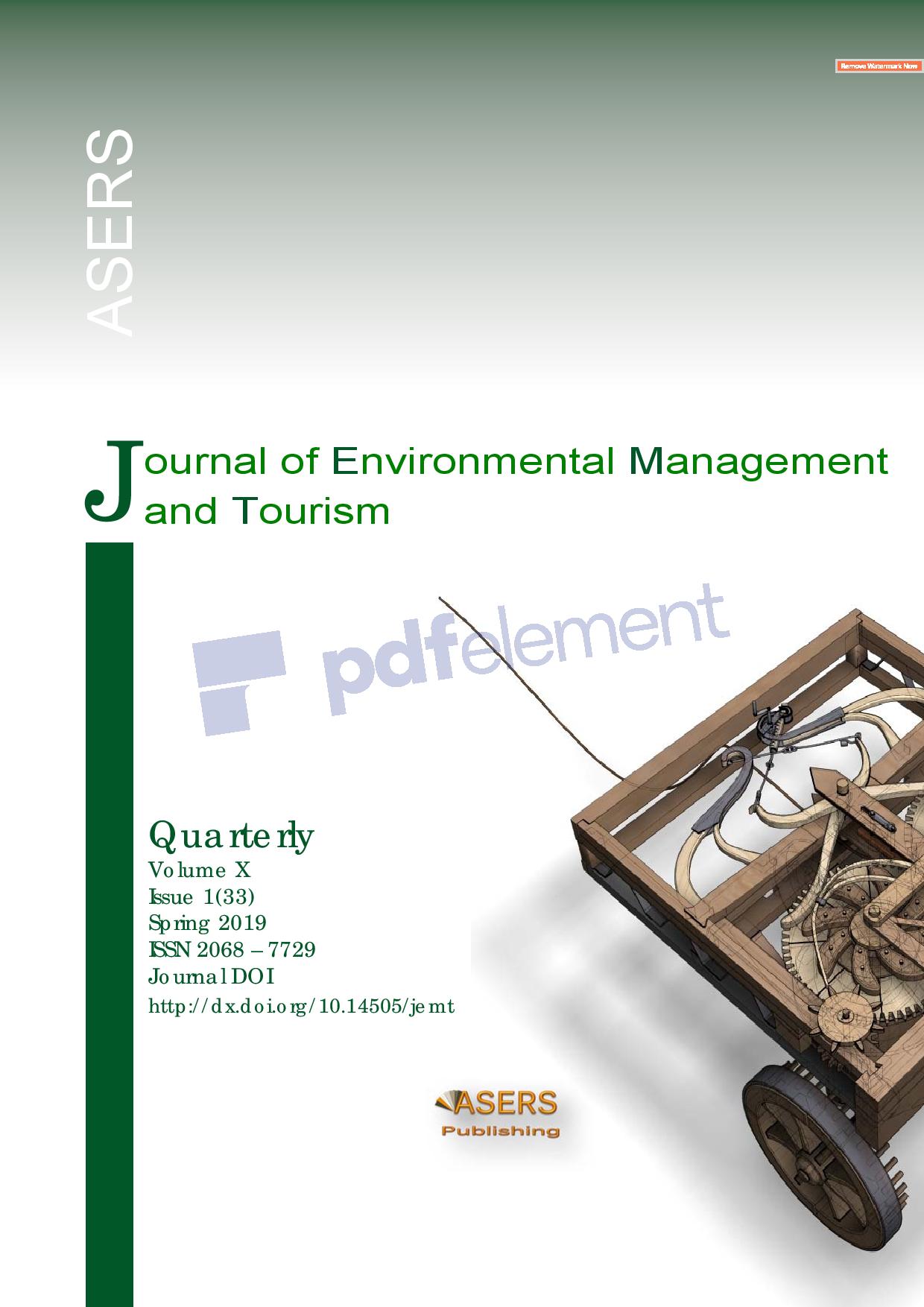The Costs of Reduction Emission from Deforestation and Forest Degradation. Concepts and Issues
The Costs of Reduction Emission from Deforestation and Forest Degradation. Concepts and Issues
Author(s): Tri Waluyo, Kumba Digdowiseiso, El Amry Bermawi PUTERA, Eko SugiyantoSubject(s): Economy, Socio-Economic Research
Published by: ASERS Publishing
Keywords: costs; emissions; deforestation; forest degradation;
Summary/Abstract: This study examines the concept of “Reduction Emission from Deforestation and Forest Degradation” - REDD costs by using the existence costs of Boucher (2008) such as opportunity costs, transaction costs, implementation costs, stabilization costs, and administration costs. In addition, it provides some actual issues of REDD. The study proves that global simulation models yield far higher REDD prices than empirical models, however, they can be criticized for their use of aggregated data and other simplifications. Moreover, adding implementation, administration, stabilization costs into transaction costs could potentially lead to double-counting problem. Finally, REDD is an inexpensive option compared to reducing emissions in the energy sectors of industrialized countries and has a potential to generate substantial benefits in addition to the reduction of greenhouse gas emissions. Yet, it is important for countries to manage these issues that can be potentially defect REDD adoption.
Journal: Journal of Environmental Management and Tourism (JEMT)
- Issue Year: X/2019
- Issue No: 01 (33)
- Page Range: 63-72
- Page Count: 10
- Language: English
- Content File-PDF

